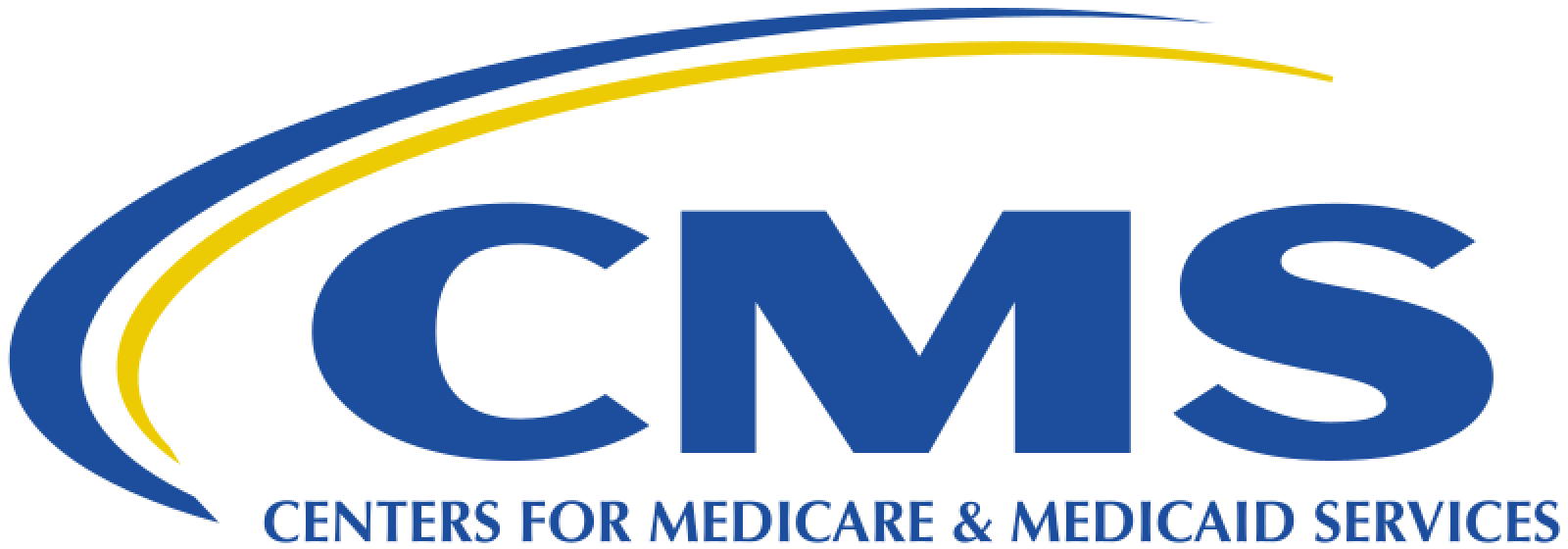New CMS rule incentivizes safety practices and strategies
A new federal rule calls on acute care hospitals to attest to supporting patient safety with strategies and best practices in five areas:

- Leadership commitment to eliminating preventable harm
- Strategic planning and organizational policy
- Culture of safety and learning health system
- Accountability and transparency
- Patient and family engagement
The new requirement — the Patient Safety Structural Measure (PSSM) — was published by the Centers for Medicare & Medicaid Services in final form last week and is part of the Hospital Inpatient Quality Reporting (IQR) program.
As with other IQR programs, a financial incentive will drive participation. Starting in FY 2027, payment for health care services will be reduced for hospitals that do not submit data for the PSSM. In addition, the data will be publicly reported through Care Compare on Medicare.gov starting in October 2026. Hospitals will begin annual attestation on the measure next year.
The new measure, which also applies to hospitals in the PPS Exempt Cancer Hospital Quality Reporting program, is an endorsement of the robust “systems approach” to safety that has proven more effective over the past 25 years than piecemeal efforts to mitigating risks in hospitals. It reflects the direction taken by the National Action Plan to Advance Patient Safety, the President’s Council of Advisors on Science and Technology (PCAST) September 2023 report and the Roadmap to Health Care Safety for Massachusetts.
Barbara Fain, Executive Director of the Betsy Lehman Center, notes that the new measure closely parallels the Massachusetts Roadmap. “Through financial incentives and transparency, CMS is using its platform to motivate greater hospital investment in the same approaches endorsed by the Roadmap because they are known to reduce preventable patient harm,” she says.
With the Roadmap and continued guidance from the Massachusetts Health Care Safety and Quality Consortium, the Betsy Lehman Center is already developing resources that the state’s hospitals can use to excel in each of the measure’s five domains.
For example, an expert advisory committee is working on a statewide safety education introductory curriculum that will foster a common language and knowledge base about safety principles across the continuum of care.
In addition, the Center has programs in place that can help hospitals implement key practices specified in the measure. The Center recently launched an effort to help build the capacity of Patient and Family Advisory Councils (PFACs) to contribute to safety and quality work. It also assists health care organizations in instituting Communication, Apology and Resolution (CARe) programs that serve patients, families and care team members in the aftermath of unanticipated or adverse events.
“While the new CMS measure only covers hospitals,” Fain says, “our Roadmap also underscores the need to improve safety in all settings where people receive health care today.”